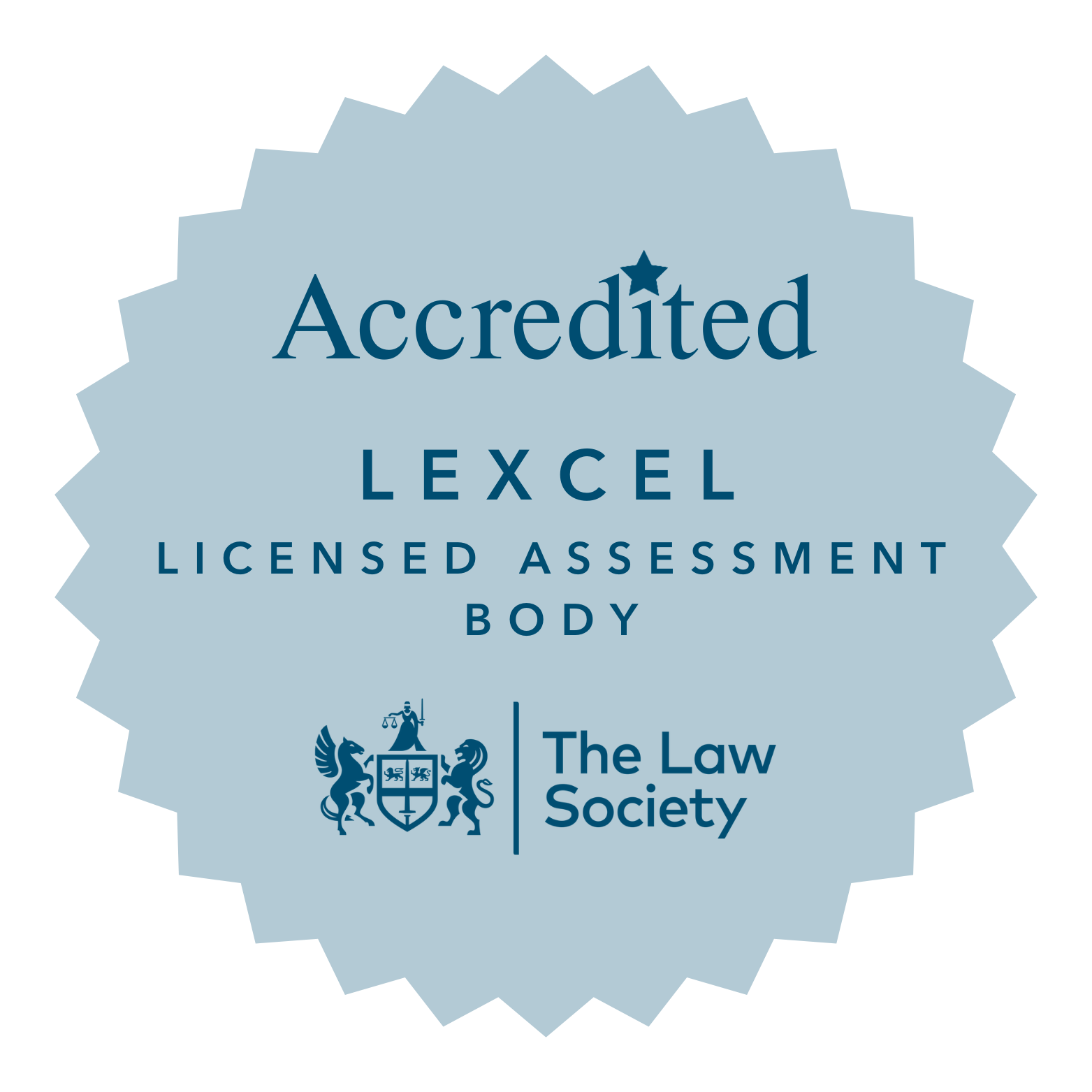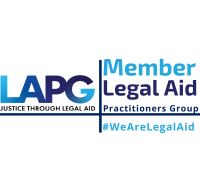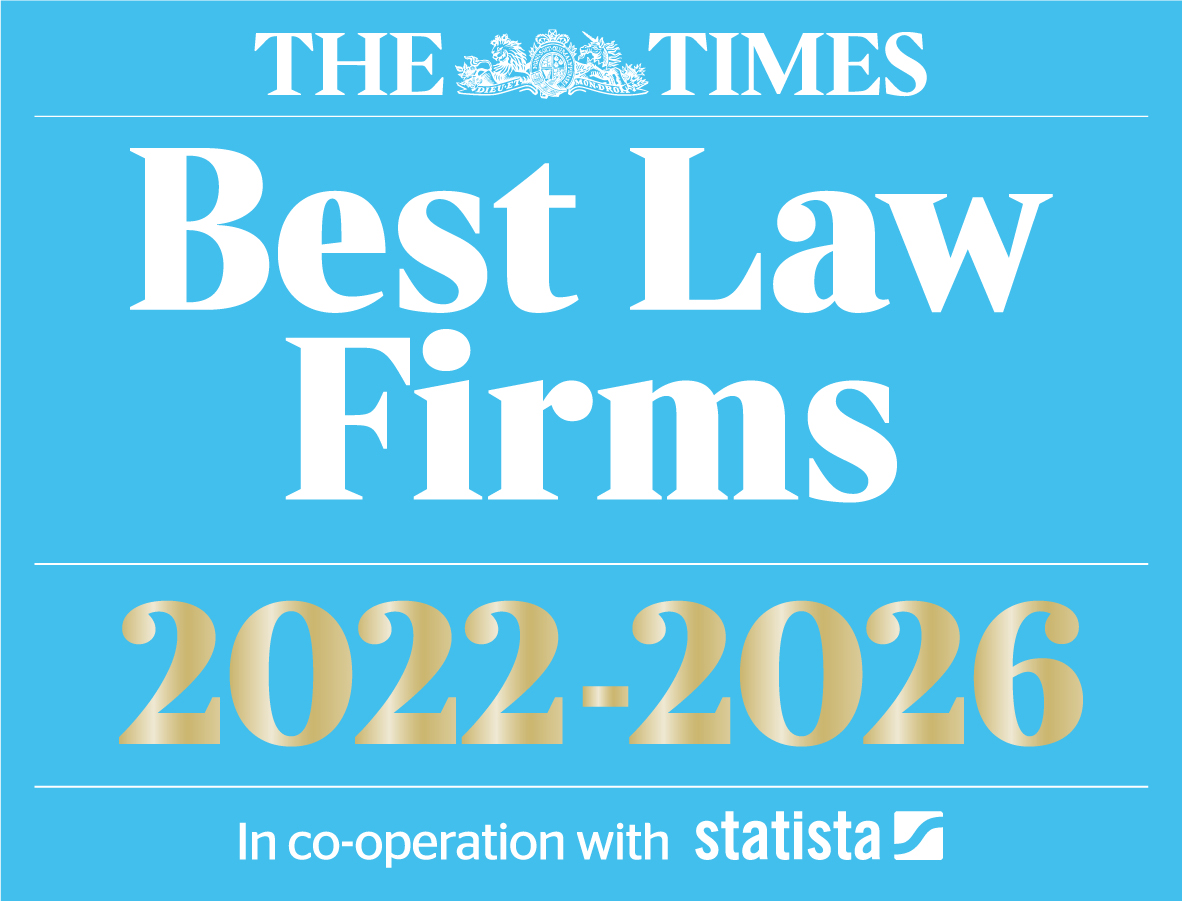Taking a child away from her family is a momentous step, not only for her, but for her whole family and for the local authority which does so.
Baroness Hale in B (Children) (2008)UKHL35
Adoption is only to be ordered in exceptional circumstances where it is considered the last resort, where all else has failed. A child’s interests are the court’s paramount consideration in adoption cases and such interests include being brought up by their natural family unless their welfare makes that not possible.
Background
K, now a three-year-old boy, was removed from his Mother’s care at birth in 2011 and placed into foster care. It is said that at the time when K was removed, the Mother was arrested for shoplifting and had placed K with alternative carers without informing the Local Authority. The Mother served custodial sentences for dishonesty and K remained in foster care until his placement with the prospective adopter in January 2013.
In 2011, under the assessment of Consultant Psychiatrist Dr C, he concluded that the Mother is likely to have traits of unstable personality disorder.It is said the Mother showed signs of impulsive and quarrelsome behaviour and entered into conflict when challenged or criticised. It was Dr C’s view that the Mother would benefit from Psychotherapy. The Mother has two older children aged fifteen and ten years old who are currently living with their maternal aunt under a Care Order made in June 2012.
The Father has never seen K. At the time of K’s birth, the Father was remanded in custody on charges of conspiracy to supply Class A and Class B drugs and was awaiting trial. In September 2011 he later entered a guilty plea and was sentenced to a term of three years and 10 months in prison. It is said the Father was never assessed as a potential carer for K during this time and he requested the court to delay proceedings in order for an assessment to take place. In 2012 there was a direction for a short assessment of the Father but nothing came of that. The Father also has two daughters aged 18 and 14 years old from a previous relationship.
In June 2013, the prospective adopter for K made an application for an adoption order and the Local Authority were in support of this application. However, for reasons that are unexplained, the application was not processed until October 2013. By this time, the Father had been released from prison and had obtained work and the couple were living together with their second baby boy born on 29.09.13. It was the general consensus of the professionals involved that their new child was thriving in the parents’ care and there were no concerns.
The birth parents sought permission from the Court to oppose the application. After various directions, in June 2014 HHJ P granted leave to the birth parents to oppose the application for adoption. The wishes of the prospective adopter were for K to live with her. However, the birth parents, although not challenging the fact that K was thriving in her care, wished for their child to be living with them.
The five day hearing which took place on 30th June 2014 at Brighton Family Court, heard evidence from the Social Worker on behalf of the local authority, Clinical Psychologist (SD) , the birth parents, the prospective adopter and the child’s guardian.
It was of the view of the Social Worker, the Psychologist and the child’s guardian that K would suffer significant emotional harm and it would be deeply damaging if he were returned back to his birth parents. Although it was acknowledged that K successfully transferred his attachment from his foster carer to his prospective adopter, it was of the view of the psychologist that a further transfer would result in K being emotionally damaged and he would feel he has been placed with complete strangers to which he may reject. He may not understand the process and find difficulty in forming trusting relationships with his new carers and may feel let down and betrayed. If K were to be returned he would demonstrate challenging behaviours to which the birth parents, in particular the Mother would find difficult to deal with and there would be significant risk of very serious emotional harm to K.
It was said that K has formed a secure attachment to his prospective adopter and has been told that his placement with her is his forever placement. He delights in seeing her and introducing her to people as his mummy. His world is centred on his home with his prospective adopter. At three years old, he has very little concept of his birth parents and the only memory he may have is a subconscious one.
The counsel for the Mother argued at the prospect of K being returned to his birth parents and K taking delight to his new younger baby brother. Although this is possible, it was argued that equally possible he may feel confused or jealous of the baby as he is the sole focus and there would be serious rival for his parent’s affection. The expectation is that upon return, being placed into a home with strangers, K would be oppositional, defiant and rejecting.
It was said at some point K would slowly be introduced to his younger brother and the issue of contact will arise, however the Judge felt that contact at present would not be beneficial to K. The most important factor at this stage in his life is stability.
The importance of K having a father figure in his life was also considered an important factor, as the prospective adopter is a single parent and unable to provide for this need. In accordance with the legal framework of the Adoption Act 2002 and the Welfare Checklist of the Children Act 1989, HHJ W said in her Judgment;
The existence of father figures and male friends will not amount to K having a father. Ultimately, the question for me is whether, taking all of those factors into account, the advantages of adoption outweigh the disadvantages, and whether adoption is the only possible outcome in this case. The natural order is something to which all courts have to have serious regard, but in my judgment it should not be pursued at all costs. The risks associated with it are too great.
I am persuaded that the risk of a return home is that the placement would break down. How soon that would happen is unknown, but it would be the likely outcome. The adults in this case may well be able to cope with whatever decision of the court, but K, in my judgment, could not cope if my decision were that he should be rehabilitated with his parents. I am satisfied that only adoption will do for him.
I do not doubt that both parents, perhaps particularly R, who did have five months with K, will care very much for him and be concerned about him. But I have to decide this matter not out of sympathy I have for them, but out of consideration for K’s welfare. I am satisfied that his welfare requires me to dispense with parental consent, and I do so. I cannot imagine what it is like for a parent to leave court, after a contested application, knowing that an adoption order is made, but overwhelmingly I judge that to be the right order for K.
An application for permission to appeal the decision was refused by HHJ W. The birth parents applied for permission to appeal the decision at the Court of Appeal; however permission to appeal was refused. The reasons for refusal were on the basis that the proposed appeal did not have a reasonable prospect of success and HHJ W’s decision was supported by all of the professional and expert evidence.
Nusrat Chauhan
Paralegal


